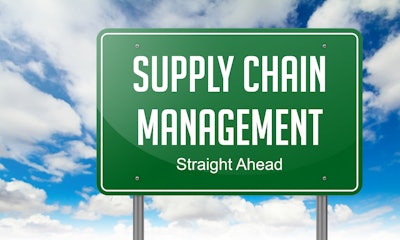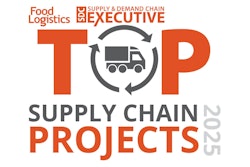
With continuous challenges like a lack of skilled labor plaguing the manufacturing industry, manufacturers are looking to technological advancements and automation to avoid downtime. Innovation is critical for enhancing efficiency and maintaining productivity to protect their bottom line and remain competitive in a crowded marketplace.
From re-examining supply chain management to embracing flexibility, below outlines the current state of the market and strategies for manufacturers to overcome common challenges.
The state of the market today
Manufacturing is an industry plagued by uncertainty. Whether it’s trade wars creating supply chain disruptions, fluctuations in transportation fees and the cost of goods, or the lack of skilled labor, manufacturers have a number of factors to consider in order to maintain operations and lower costs. To make matters worse, the market is increasingly competitive, and issues with employee retention and lack of qualified candidates entering the job market threaten to negatively impact output. To survive these market conditions, manufacturers must embrace transformation and understand the most effective ways to make their operations more agile and adaptive to the current state of the industry.
Create flexible processes
As demand continues to fluctuate, flexibility in manufacturing processes and systems is essential to stay agile. Manufacturers must be able to scale up or down their production as needed. Creating a small reserve of materials to prepare for ebbs and flows in market demand is one great way to plan proactively. In fact, a recent report by McKinsey & Company found that agile manufacturing organizations experience 30% faster time-to-market and 20% higher productivity than their counterparts.
Take a measured approach to supply chain management
Managing your supply chain despite ever-changing conditions is imperative to protect your financial health. This includes adapting to market fluctuations in a smart manner instead of making impulsive investments. A lot of manufacturers are responding to rising demand by ordering a surplus of new equipment to expand manufacturing capacity, only for the market to take a downturn. This leaves them with excess equipment to manage and, in some cases, financial losses. Taking an informed approach to investments in expansions and upgrades is critical to avoiding regrettable decisions.
Embrace automation
Staffing issues also continue to plague the manufacturing industry. Unfortunately, many vocational schools, colleges and universities are not producing workers with the right kind of skillset, and more and more skilled laborers in the industry are nearing retirement age.
One way that manufacturers are combatting these challenges is by turning to automation. Not only can it significantly increase efficiency, but it also ensures accuracy that eliminates risk of human error. In turn, automation and robotics have proven to increase overall productivity. With new technology, however, comes the need for workforce development. Invest in training to ensure that your workforce is familiar with how to best integrate this advanced technology into production.
With that being said, leaders must be advised of the cost and tax implications associated with integrating this new technology and how it may impact their operations. Working with a partner that specializes in tax compliance is a great way to prepare accordingly.
Audit your operations
In such an uncertain environment, managing factors that you can control to protect your bottom line is critical. One way to approach this is by seeking out audit and diagnostic services to evaluate your business functions and financial statements. These audits can help leaders identify areas where they can decrease costs and improve efficiencies, guiding pivotal transformations to operations that will ensure your business is run effectively.
Understand tax incentives
There are a number of programs that can minimize manufacturers’ tax burdens, and a lack of education on these incentives could mean leaving money on the table. Taking advantage of incentives can not only free up funds for reinvestment in other areas of your business, but also increase overall revenue at the end of the year. As tax laws and incentives typically vary by state, it would behoove manufacturing leaders to seek a tax consultant that works in their geographic region to review their tax returns and ensure they are compliant, as well as taking advantage of all available funding that they qualify for.
Given current market conditions, manufacturers must continuously seek new ways to stay competitive, agile, and cost-effective. Pursuing effective strategies to overcome some of the industry’s most common challenges is a great place to start and will ensure you remain competitive.
















![Pros To Know 2026 [color]](https://img.sdcexec.com/mindful/acbm/workspaces/default/uploads/2025/08/prostoknow-2026-color.mduFvhpgMk.png?ar=16%3A9&auto=format%2Ccompress&bg=fff&fill-color=fff&fit=fill&h=135&q=70&w=240)

